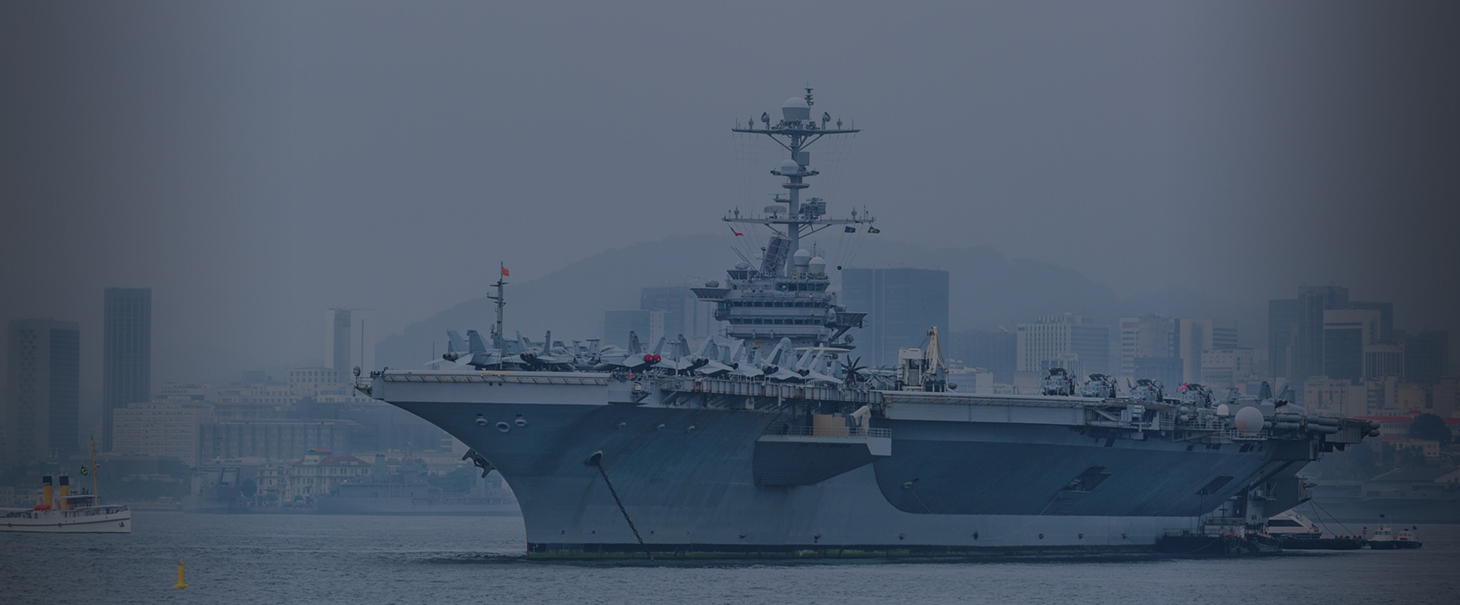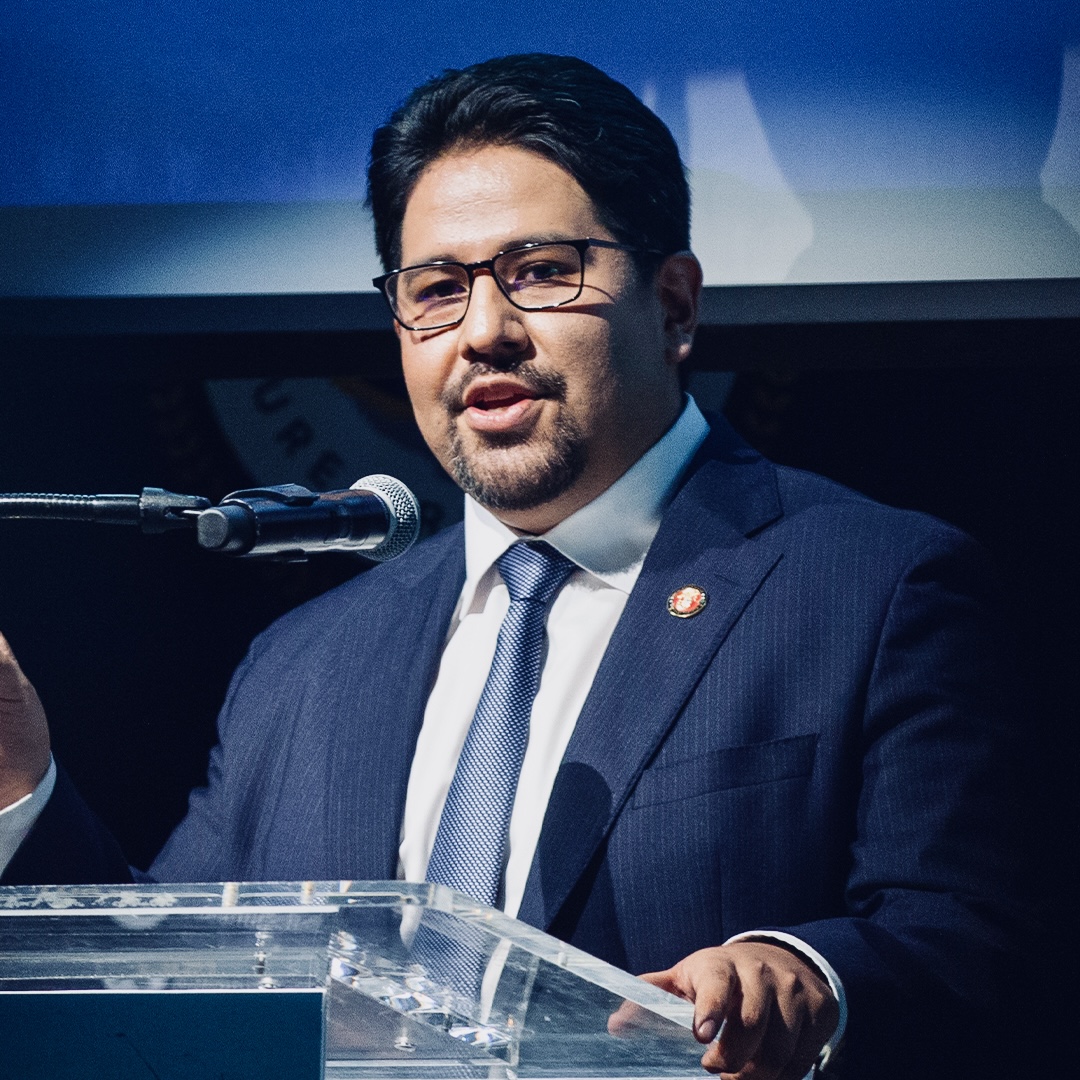EXPERT
Locations
DOWNLOAD
On March 9, 2015, the White House declared a “national emergency” in Venezuela, affirming that the Chavistas pose an “unusual and extraordinary” threat to US national security and foreign policy. Many analysts and governments across the region cried foul, claiming this executive order was blasphemous or an exaggeration at best.
At a time when ISIS and Al Qaeda are threatening US military members and their families, and rogue regimes like North Korea are hacking defense systems — surely Venezuela should not sit atop the list of national security concerns?
I can assure you, they do not. But this is missing the point.
The US federal government has declared 53 “states of national emergency” since Congress passed the National Emergency Law in 1976 — hardly singling out Venezuela. The purpose of such a provocative declaration is to give the US officials powers to prosecute and issue sanctions. Essentially, it establishes a legal precedent for specific, targeted actions against individuals and entities of interest — much like what the White House did last year when sanctioning Russian officials vis-a-vis Ukraine.
Sanctions serve first to protect the US financial system from being injected with funds from illicit sources. That could be cash from drugs, thugs, or terrorists who increasingly use the state-sponsored financial system of Venezuela as a way to wash their money.
Yes, sanctions are often used for political purposes, and sanctions alone should never be mistaken for a strategy. But in this case, there is an argument to be made that US officials are being prudent by stopping illicit funds from harming the business or brand of major US banks that millions of Americans rely on for their day-to-day banking. That is particularly the case when some of this ill-gotten money finds its way back into the pockets of Chavistas who use their wealth to violate human rights and persecute the political opposition in Venezuela.
Yet, this still leaves cause for concern over the language of the declaration, which has been spun by Maduro and other demagogues throughout the region. There is a larger concern, that Venezuela has become the epicenter for several national security threats in the region. In terms of threat analysis, the defense and intelligence communities often focus on three areas running parallel throughout the world: (1) transnational organized crime, (2) terrorism, and (3) WMD proliferation.
The first two we know are being propagated in Venezuela. Each month more evidence surfaces on how PDVSA is sponsoring, the Bolivarian Armed Forces are brokering, and several high-ranking Venezuelan officials are implicated in transnational organized crime. Moreover, research at the Center for a Secure Free Society (SFS) uncovered a crime-terror pipeline being managed by Venezuela that sends drugs and funds to the Middle East and brings back foreign fighters or Islamic terrorists to the Western Hemisphere.
But of even greater concern is the increasing evidence regarding Venezuela’s role in aiding and abetting WMD proliferation for rogue regimes, namely the Islamic Republic of Iran. As the prominent Brazilian weekly Veja reported this month, Venezuela facilitated Iran’s attempts to access Argentina’s nuclear technology to benefit its controversial and still-illegal nuclear program. There are also several, albeit unconfirmed, reports that Venezuela has procured and acquired strategic minerals, metals, and materials for Iran’s WMD programs.
When you add all this up, you realize that the Bolivarian-socialist government of Venezuela is much more than just a human-rights violator. Their nefarious actions extend beyond their borders into neighboring countries — and yes, into the United States.
When discussing national security, the benchmark is not to compare one country to another, but rather to compare the trend within the country itself. Using that benchmark, the trend in Venezuela is definitely one that should concern national-security professionals from throughout the United States and the world.
See more at the Panam Post


 Joseph M. Humire
Joseph M. Humire